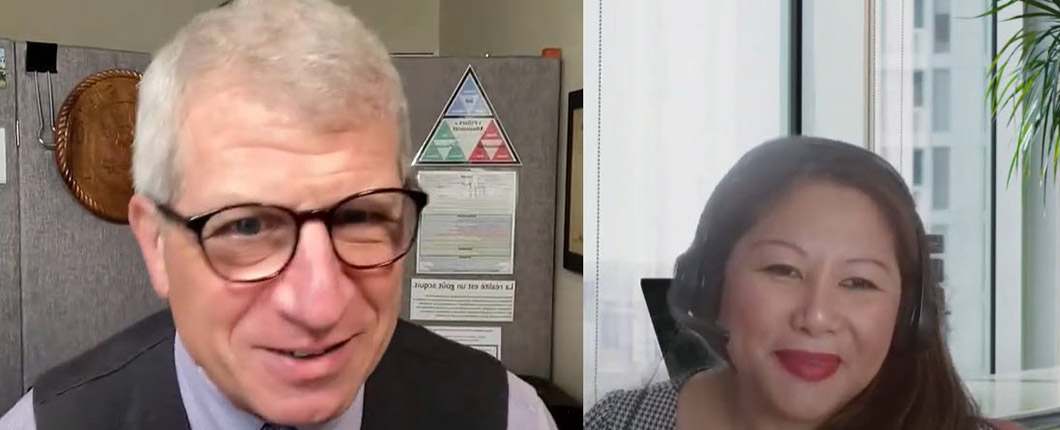
A well-known quote says that “nothing is certain except for death and taxes.” A Will – the document often used to address both issues – should also be certain, and when probated, the results should be final.
The laws of California, and most other states, outline specific procedures that are intended to make sure that happens. But sometimes it is necessary to reopen a closed estate.
Here are several reasons why that might happen:
1) Assets come to light after probate is completed and assets have been distributed. These might include bank accounts, stocks, bonds, retirement accounts or other assets that were unknown when the estate was being administered.
This possibility can be addressed by including an “omnibus clause” in the Order for Final Distribution (a document filed with the court by the personal representative of the estate), directing the distribution of after-discovered property.
Here’s an example of such a clause:
“Distribution of the estate in petitioner’s hands and any other property of the decedent or the estate not now known or discovered that may belong to the estate or in which the decedent or the estate may have any interest, shall be distributed as follows: _______.”
Usually the persons entitled to after-discovered property are the beneficiaries who receive their shares of the estate as directed by the Will of the decedent.
2) A more recent Will is discovered, and this instrument governs the distribution of the decedent’s estate.
3) A beneficiary under the Will is discovered, and the final distribution of the decedent’s estate must be recalculated and re-administered.
4) The existence of a liability or debt of the decedent is discovered, and reopening the estate would be beneficial to the beneficiaries under the Will.
Here the outcome involves a judgment call. Most debts are extinguished if the creditor has not made a timely claim on the estate within one year from the decedent’s date of death under California Code of Civil Procedure Section 366.2.
But there may be reasons that having the estate pay the debt would be beneficial to the heirs or beneficiaries under the decedent’s Will.
An example is unpaid federal taxes of the decedent. If these are not paid by the estate, the Internal Revenue Service could pursue the heirs or beneficiaries under the transferee liability statute, Internal Revenue Code Section 6324(a).
A beneficiary who has received an estate distribution when a government claim has not been paid may be liable as a transferee for payment of the claim. Consequently, it is usually preferable to have the estate reopened so that the personal representative can satisfy the debt and clear the beneficiary from transferee liability debt.
Similarly, under Internal Revenue Code Section 3713(b), the personal representative of the decedent’s estate may be personally liable for the government claim if he or she paid any part of an estate’s debt prior to satisfaction of the debt to the federal government.
5) A breach of fiduciary duty by the personal representatives during the administration of the decedent’s estate is discovered, or the decedent’s Will is invalid due to the decedent’s lack of capacity or the Will’s procurement through undue influence.
To reopen an estate, one can file either a Petition for Probate under Probate Code Section 12252 or a Petition for Instructions under Probate Code Section 9611.
The Petition for Instructions under Section 9611 may only be filed by the personal representative of the estate, and may only be used where Section 12252 does not apply and no other procedure is provided by statute.
To minimize the potential reopening of one’s estate, keep a current list of the following and provide a copy to the named personal representative of your estate:
1) Assets, including information about each asset’s title, amount and description;
2) Debts and liabilities;
3) Contact information of beneficiaries named under your Will; and
4) Estate Planning Documents, including their date of execution. (Provide copies of your estate planning documents to your accountant, financial advisor, and named personal representative of your estate).
If you need assistance with reviewing and updating your estate plan, please contact Jacqueline Yu at info@jacquelineyulaw.com or 310-313-1195.


